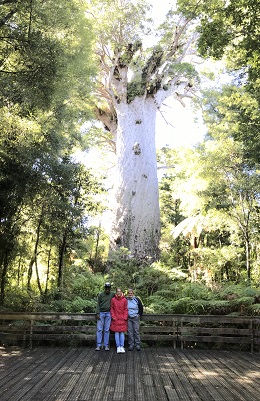 In John 17:16, Jesus said those who follow Him are not of the world as he is not of the world. Although we are in the world as His followers, we are not of this world in terms of the values and standards, as the world’s stand in contrast or opposition to the kingdom of God.
In John 17:16, Jesus said those who follow Him are not of the world as he is not of the world. Although we are in the world as His followers, we are not of this world in terms of the values and standards, as the world’s stand in contrast or opposition to the kingdom of God.
As a follower of Jesus living in the world, you should focus on living out and displaying the qualities of the One you are following, Jesus Christ.









